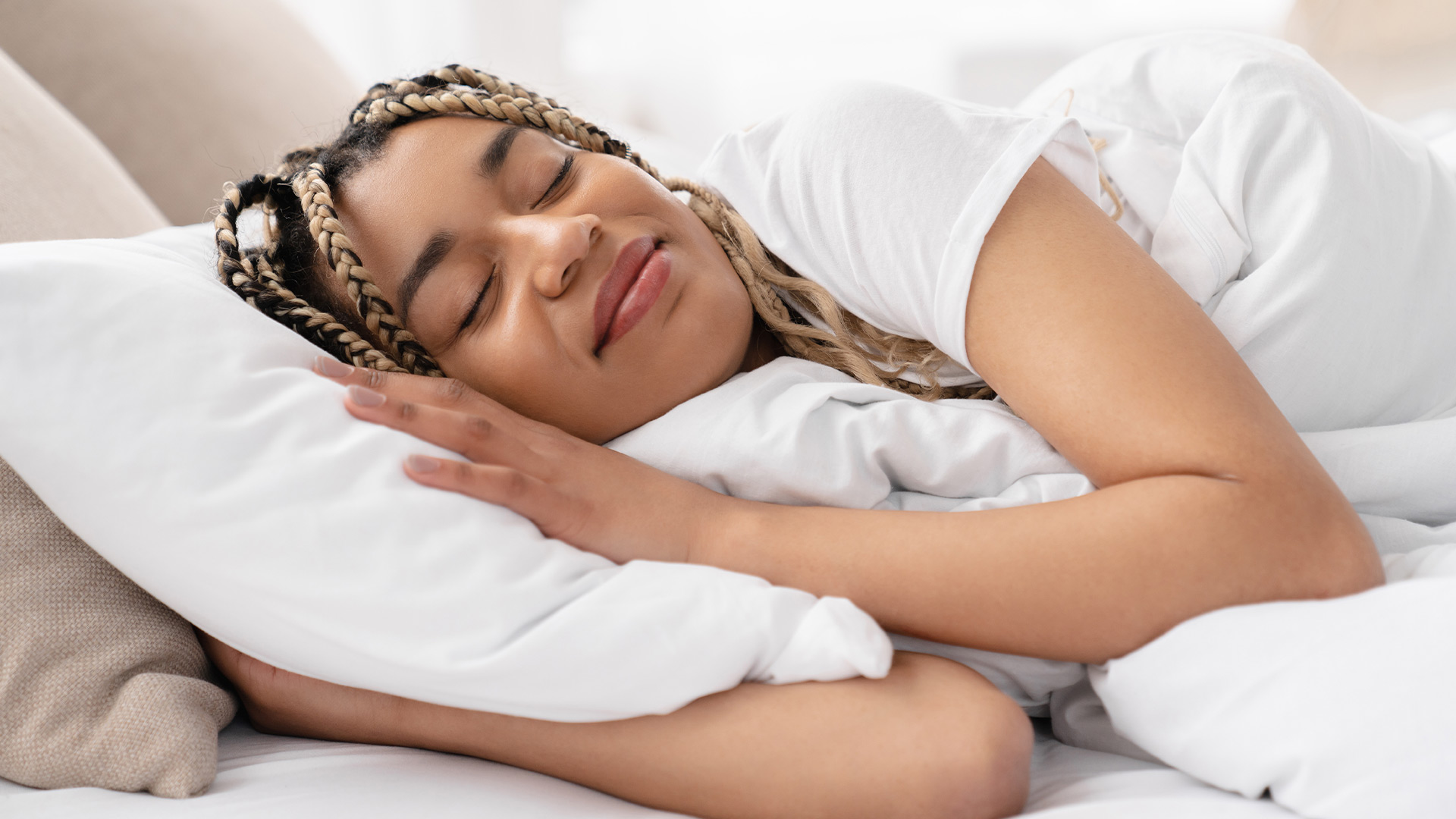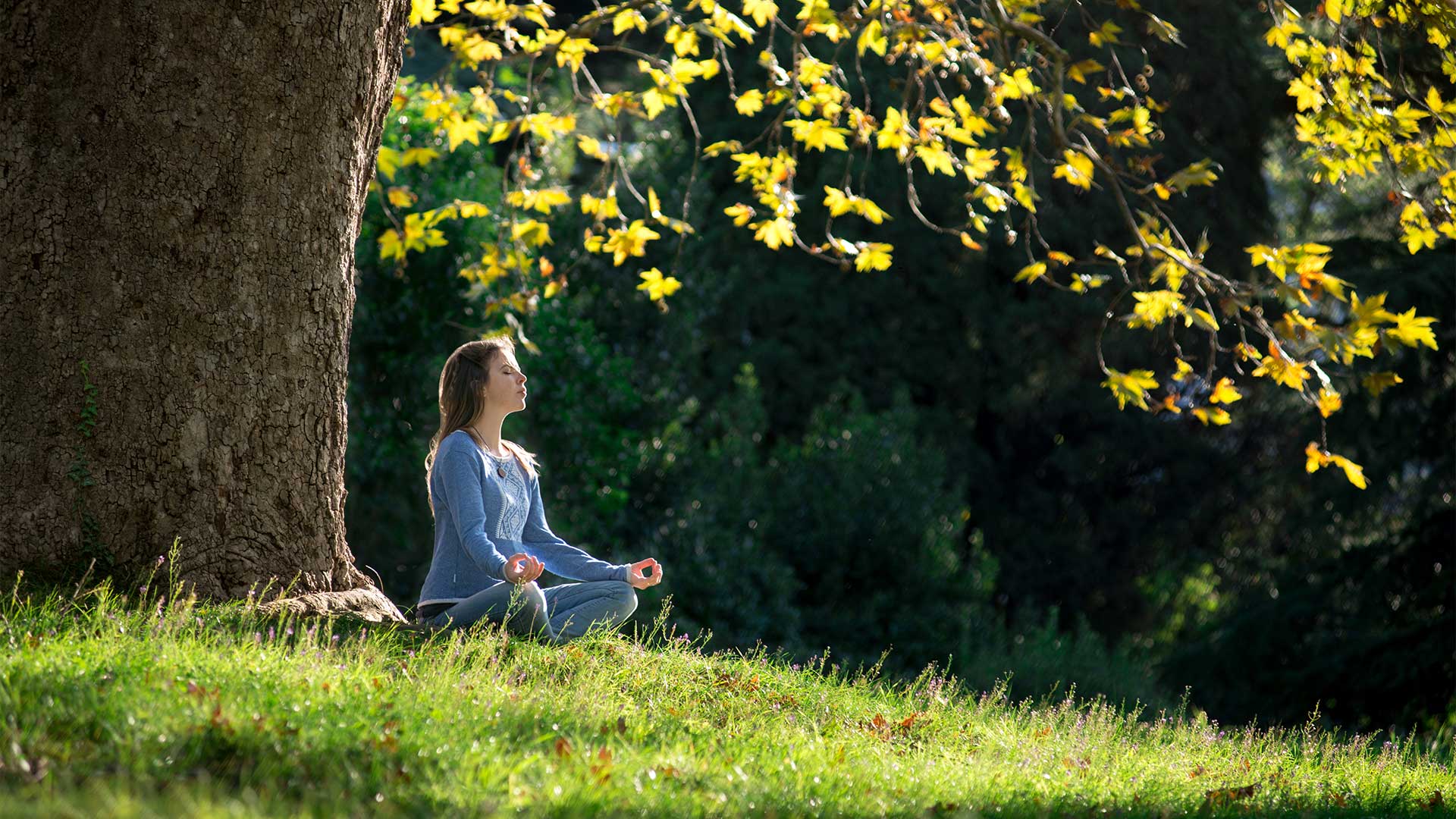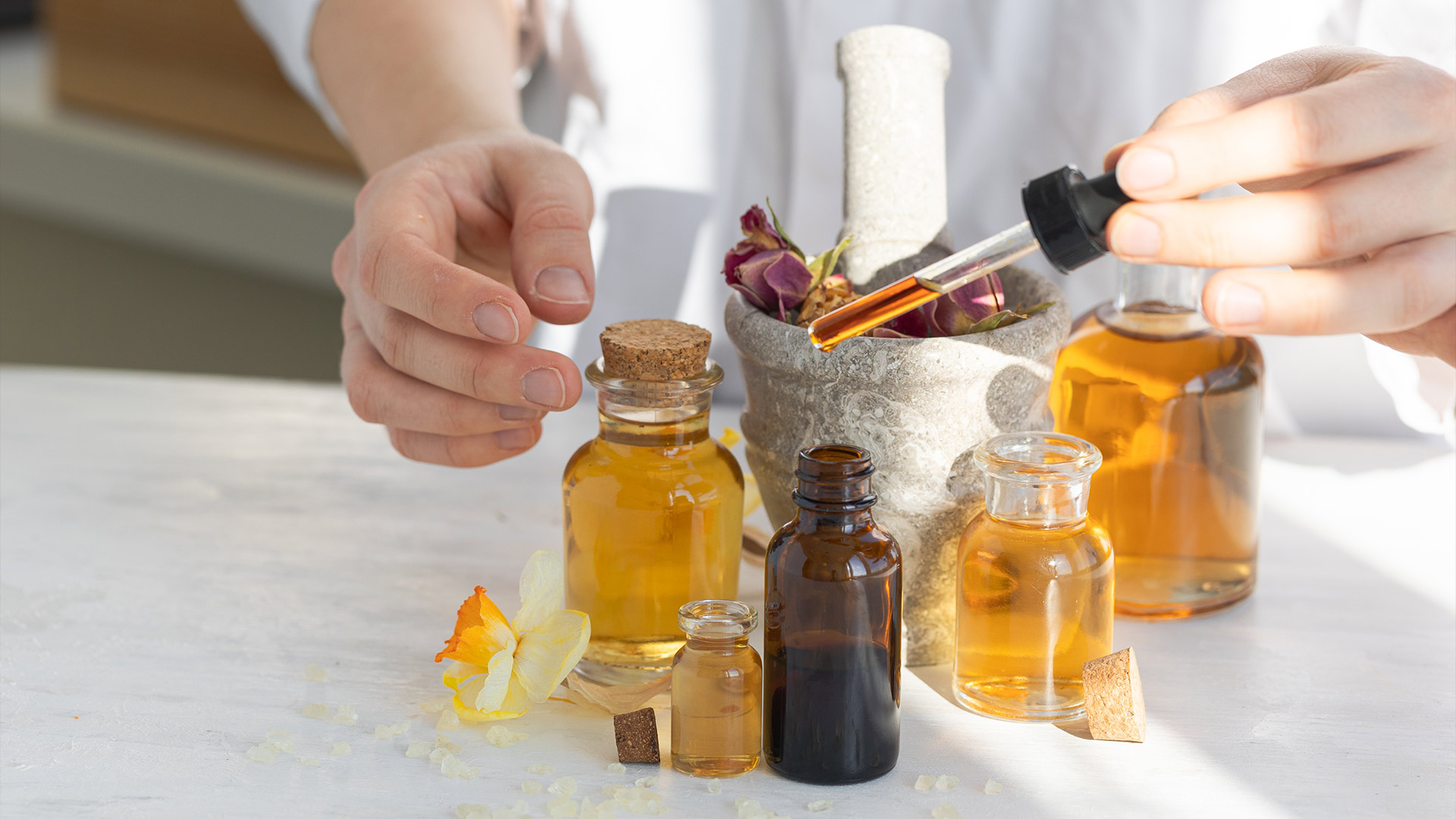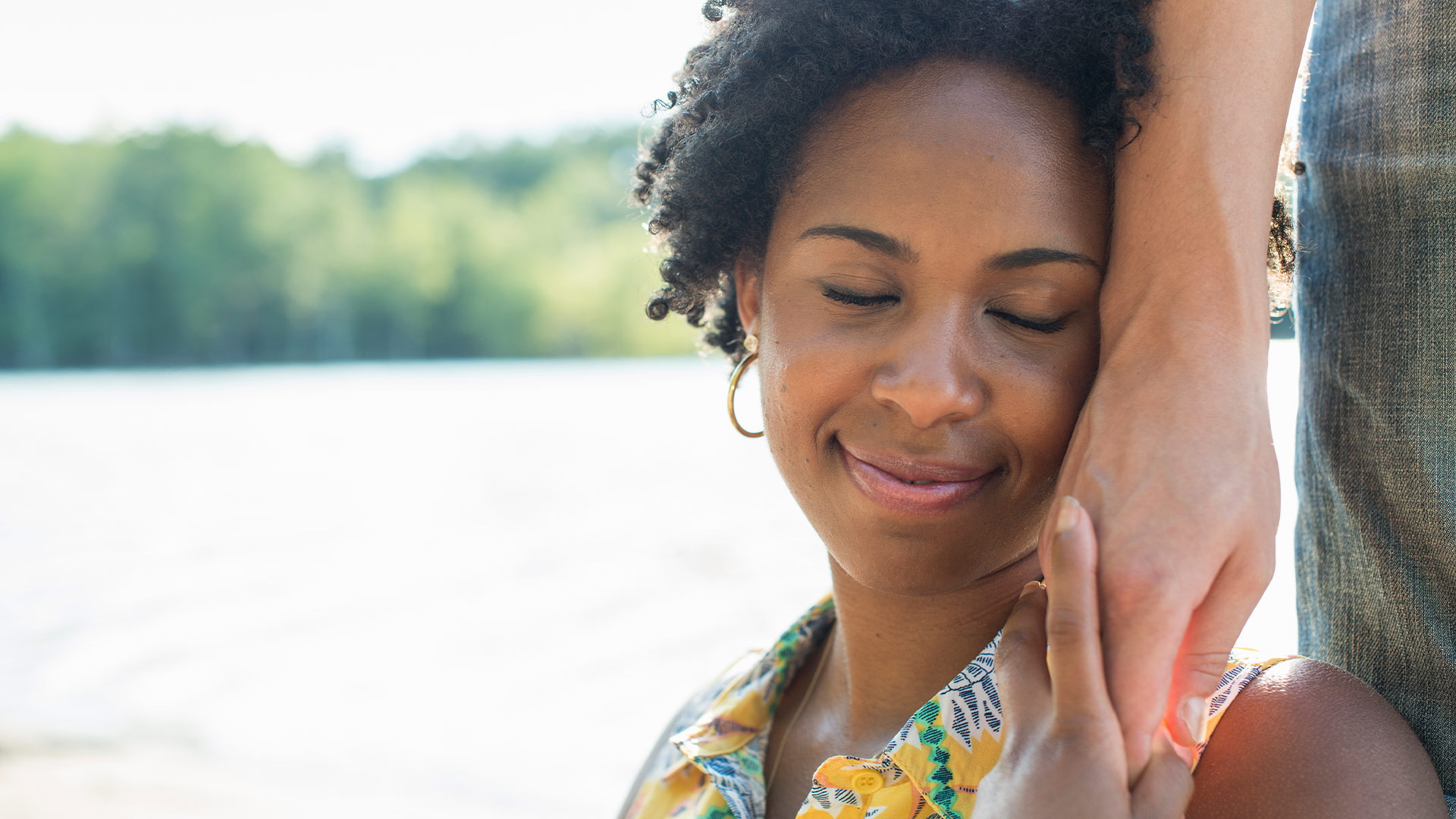The Importance of Sleep in Anti-Aging: Holistic Tips for Better Rest
Ready to improve your sleep? Try these holistic tips tonight, and wake up feeling refreshed, restored, and ready to tackle the day ahead. Sweet dreams and glowing skin await!

We all know the feeling – after a long, stressful day, we crawl into bed hoping for a good night’s sleep, only to wake up feeling groggy and unrested. While we might be able to power through a day or two of poor sleep, consistently getting less than optimal rest can take a serious toll on our bodies as we age. So, why is sleep so crucial for aging well, and how can we improve our sleep habits to look and feel our best?
The truth is, sleep is one of the most powerful tools in the anti-aging toolbox. From rejuvenating your skin to boosting cognitive function and strengthening your immune system, getting enough rest is absolutely essential to maintain a youthful, healthy body. Let’s dive into why sleep matters for anti-aging and explore some holistic tips to help you get the deep, restorative sleep you need.
Why Sleep Is Crucial for Anti-Aging
As we age, our bodies undergo natural changes – and while some of these changes are out of our control, our sleep habits can make a huge difference in how we age. In fact, sleep affects nearly every aspect of our health, from our skin to our mental clarity, making it a key component in the anti-aging process.
1. Cellular Repair and Regeneration
While we sleep, our bodies go into repair mode. This is when the magic happens – skin cells regenerate, tissues repair, and muscles rebuild. Sleep allows your body to heal itself and produce the essential growth hormones that help keep you looking young. For example, during deep sleep, the body releases human growth hormone (HGH), which is responsible for tissue growth and repair. This is why lack of sleep can cause your skin to appear dull, tired, and lackluster.
When you don’t get enough rest, your body struggles to perform these essential repair functions, leading to premature signs of aging, like fine lines, wrinkles, and sagging skin. On the other hand, getting quality sleep supports cellular regeneration, helping you wake up looking refreshed and glowing.
2. Skin Health and Collagen Production
Ever notice how your skin looks a little dull or puffy when you don’t get enough sleep? That’s because sleep plays a direct role in your skin’s appearance. During sleep, your skin produces collagen, a protein that helps keep your skin firm, smooth, and elastic. Collagen is one of the key factors in maintaining youthful skin, and its production decreases as we age. Without enough sleep, collagen production slows down, leading to the formation of fine lines and wrinkles.
Real Example: Kate Hudson, known for her radiant skin, has spoken about how she prioritizes sleep to maintain her glowing complexion. She believes that sleep is one of the key factors in keeping her skin fresh and youthful.
3. Hormonal Balance and Stress Reduction
Sleep is also critical for maintaining hormonal balance. When we don’t get enough sleep, our stress hormone cortisol rises, leading to increased inflammation and accelerated aging. Cortisol can break down collagen and elastin, which are essential for maintaining youthful skin and preventing wrinkles.
By getting adequate rest, you help lower cortisol levels and keep your stress in check. This not only improves your mood but also supports your skin and overall health. Sleep is your natural anti-stress tool, helping you feel more relaxed and rejuvenated.
4. Brain Health and Mental Clarity
A good night’s sleep doesn’t just benefit your body – it’s also essential for brain health. Sleep helps clear toxins from the brain, consolidate memories, and improve cognitive function. As we age, cognitive decline can be a concern, but studies show that getting enough sleep can help maintain mental sharpness and prevent neurodegenerative conditions like Alzheimer’s disease.
Poor sleep has been linked to memory loss, lack of focus, and an increased risk of mental health issues like anxiety and depression. By prioritizing sleep, you can keep your mind sharp and stay mentally youthful as you age.
Real Example: Arianna Huffington, the founder of the Huffington Post, has become a major advocate for the importance of sleep in mental and physical health. After experiencing burnout, she wrote a book titled *The Sleep Revolution*, emphasizing the importance of sleep for brain health and overall wellness.
Holistic Tips for Better Sleep
Now that we know just how important sleep is for anti-aging, let’s explore some holistic tips that can help you get the deep, restful sleep you need to feel and look your best.
1. Create a Relaxing Bedtime Routine
A calming bedtime routine signals to your body that it’s time to wind down and prepare for sleep. This could include activities like reading, taking a warm bath, or practicing deep breathing exercises. The goal is to create a peaceful environment that helps you relax both physically and mentally before hitting the pillow.
Real Example: Jennifer Aniston, known for her glowing skin and youthful energy, follows a relaxing nighttime routine that includes meditation and a warm bath to help her unwind and get a good night’s sleep.
2. Limit Screen Time Before Bed
We’ve all heard about the effects of blue light on our sleep, and it’s true – staring at screens before bed can mess with your body’s natural circadian rhythm. The blue light emitted by phones, tablets, and computers disrupts the production of melatonin, the hormone responsible for regulating your sleep cycle. To improve your sleep quality, try to avoid screens at least 30 minutes to an hour before bed.
3. Mind Your Diet and Caffeine Intake
What you eat and drink throughout the day can have a big impact on how well you sleep. Try to avoid large meals, caffeine, and alcohol close to bedtime, as they can interfere with sleep quality. Instead, opt for light, sleep-promoting snacks, like a handful of almonds or a small banana, which can help regulate blood sugar levels and promote restful sleep.
Real Example: Gisele Bündchen, the supermodel and wellness advocate, follows a clean eating regimen and avoids caffeine in the afternoon to ensure she sleeps well at night. She also incorporates calming teas like chamomile into her routine to relax before bed.
4. Stay Active During the Day
Regular physical activity helps regulate your sleep patterns and promotes deeper, more restful sleep. However, be mindful of when you exercise. While morning or afternoon workouts can help promote sleep, intense exercise right before bed may increase adrenaline and make it harder to fall asleep.
A daily walk, yoga session, or gentle stretching can help your body relax and prepare for a restful night.
5. Mindfulness and Meditation
Before bed, practice mindfulness techniques or meditation to calm your mind and reduce stress. Deep breathing, progressive muscle relaxation, or guided meditation can all help you wind down, reduce anxiety, and prepare for sleep.
Real Example: LeBron James, the basketball superstar, practices mindfulness and meditation as part of his nightly routine. He credits his calm mindset for helping him get high-quality sleep, which contributes to his peak performance.
6. Create a Sleep-Friendly Environment
Make your bedroom a sanctuary for sleep. Keep the room cool, dark, and quiet, and invest in a comfortable mattress and pillows. Consider using blackout curtains or an eye mask to block out light, and a white noise machine or earplugs if noise is a problem.
In the quest for anti-aging solutions, sleep is often the most overlooked – yet it’s one of the most powerful tools at your disposal. Getting enough quality rest doesn’t just keep you energized – it helps rejuvenate your skin, balance your hormones, boost brain health, and reduce the signs of aging.
So, if you want to age gracefully and maintain your youthful glow, start prioritizing sleep. Your body and mind will thank you – and the results will be reflected in your vibrant, healthy skin.


